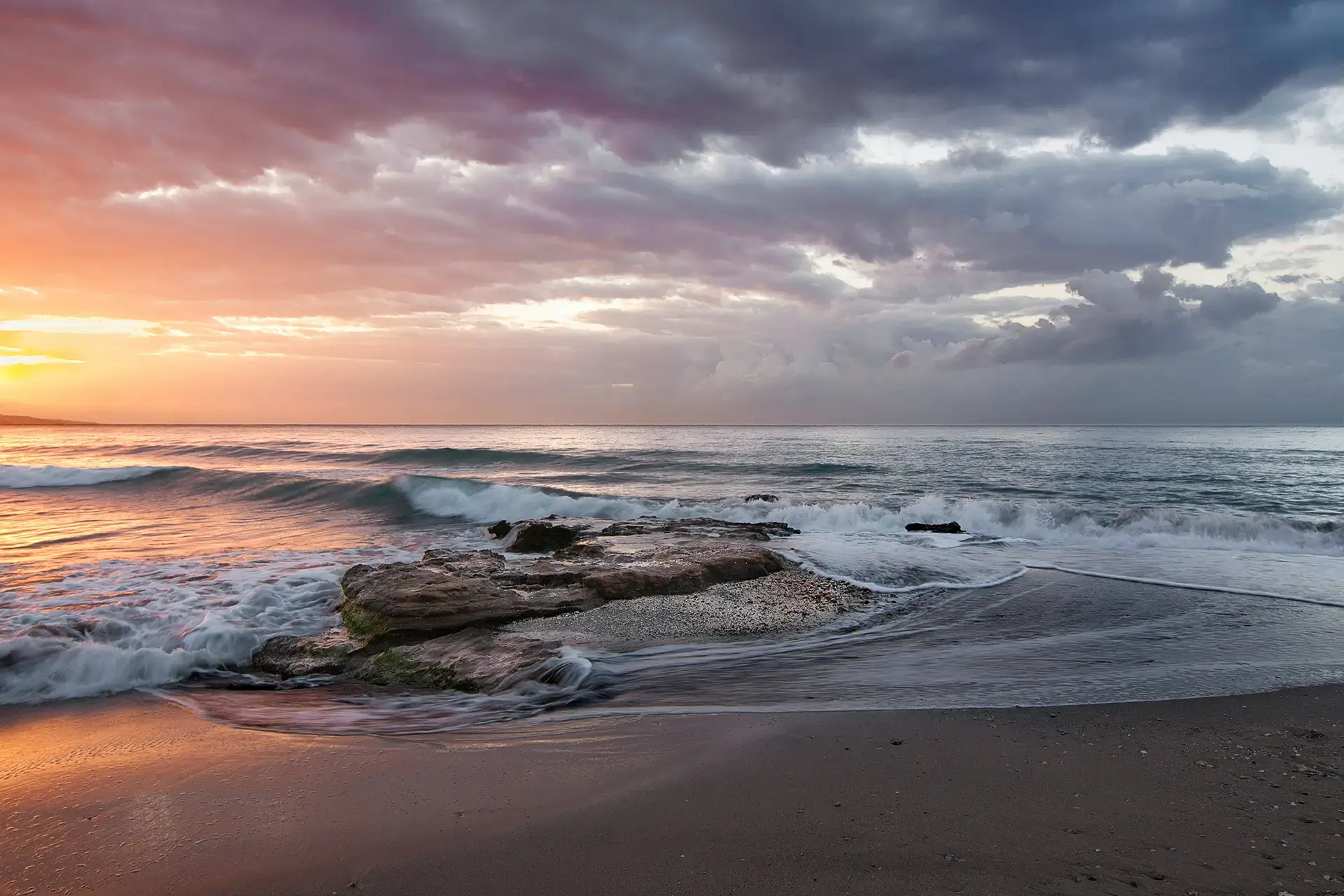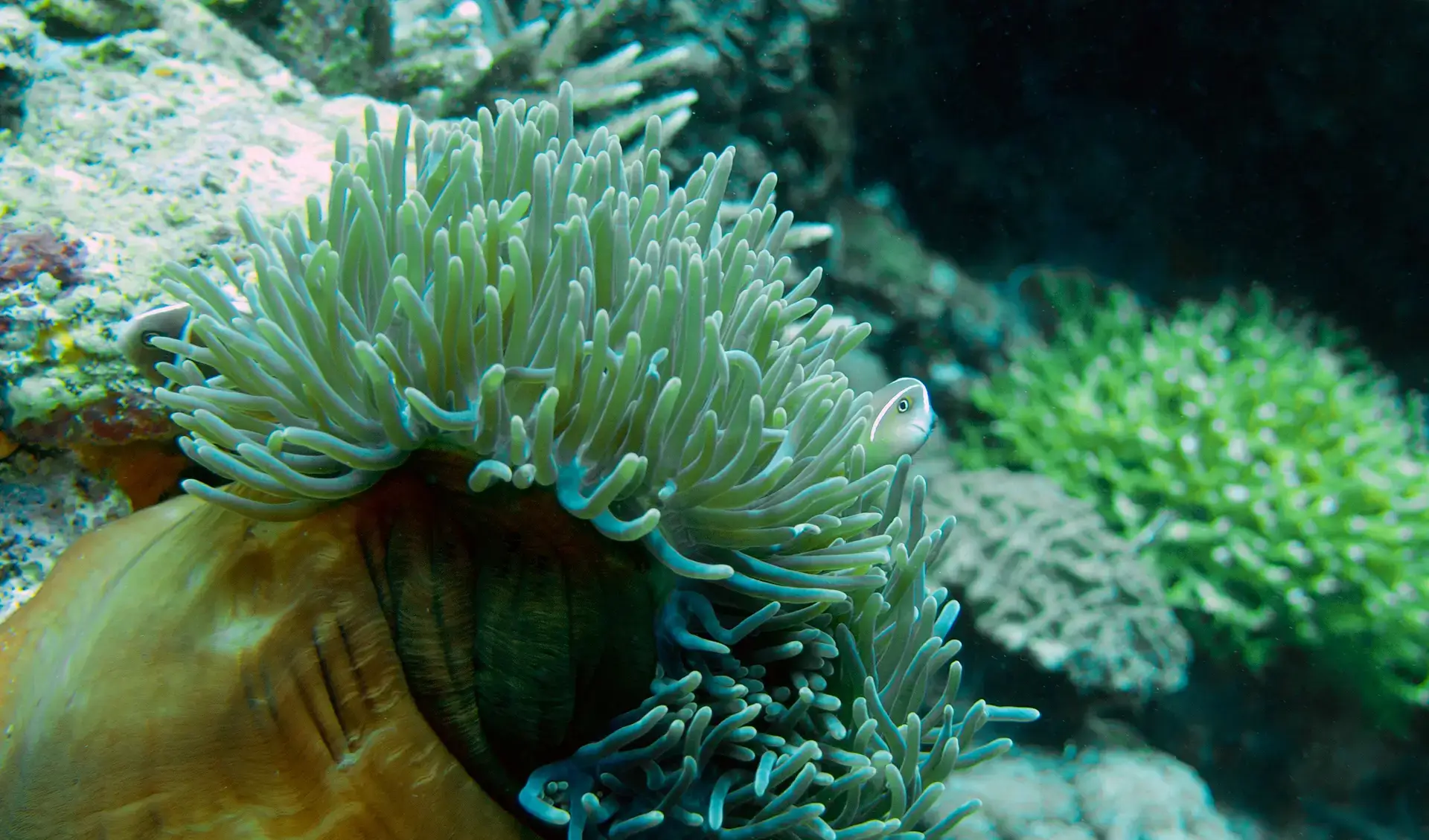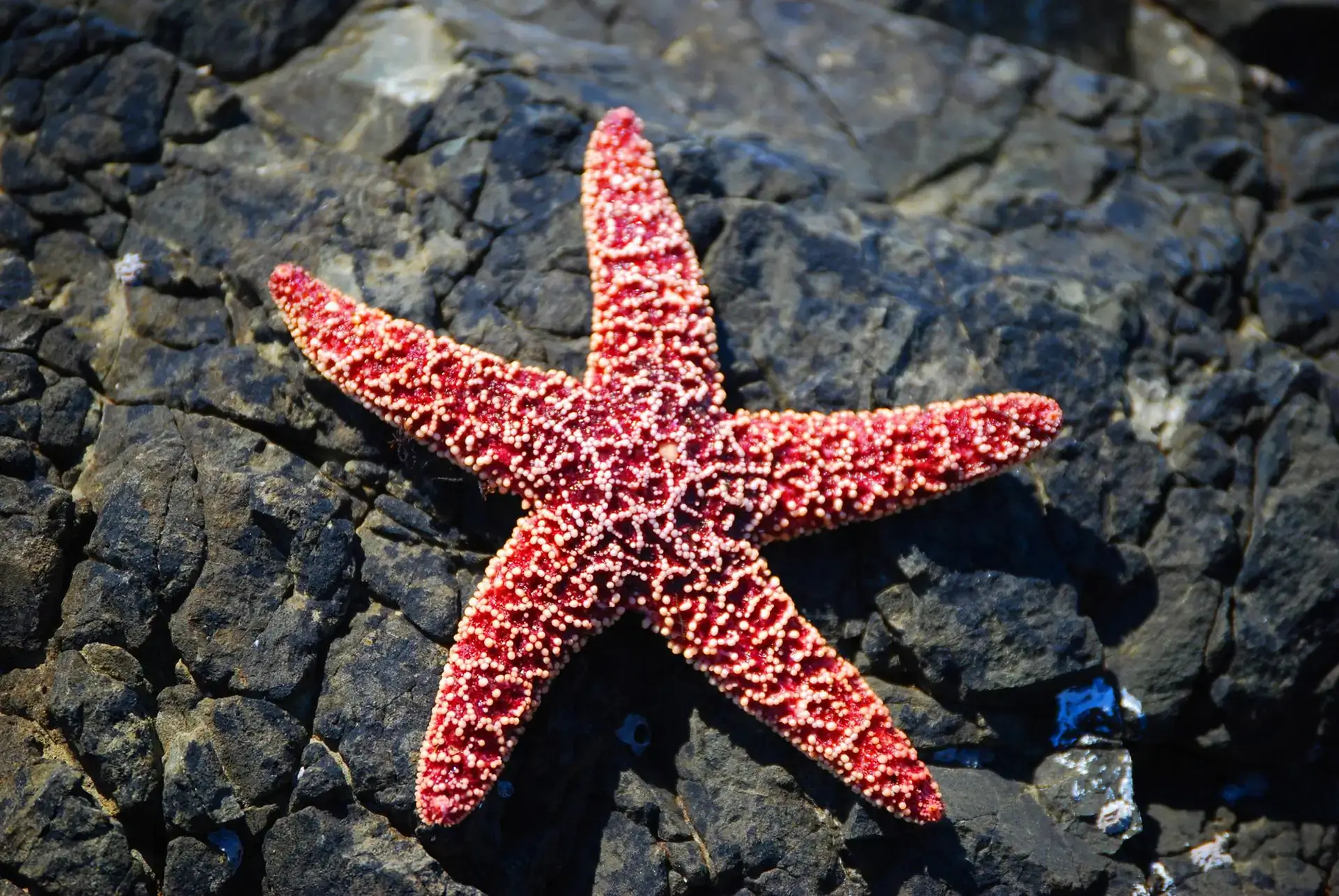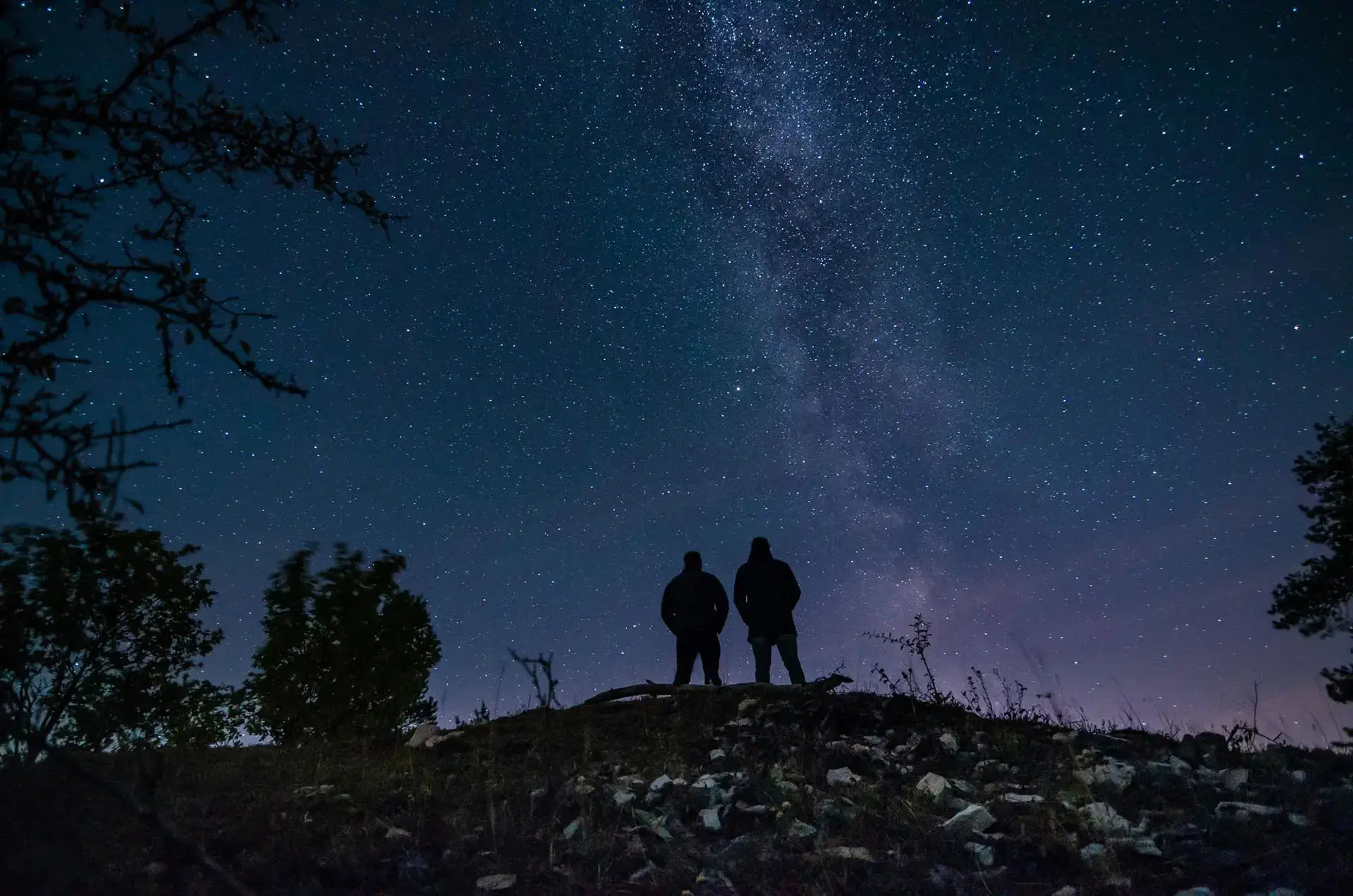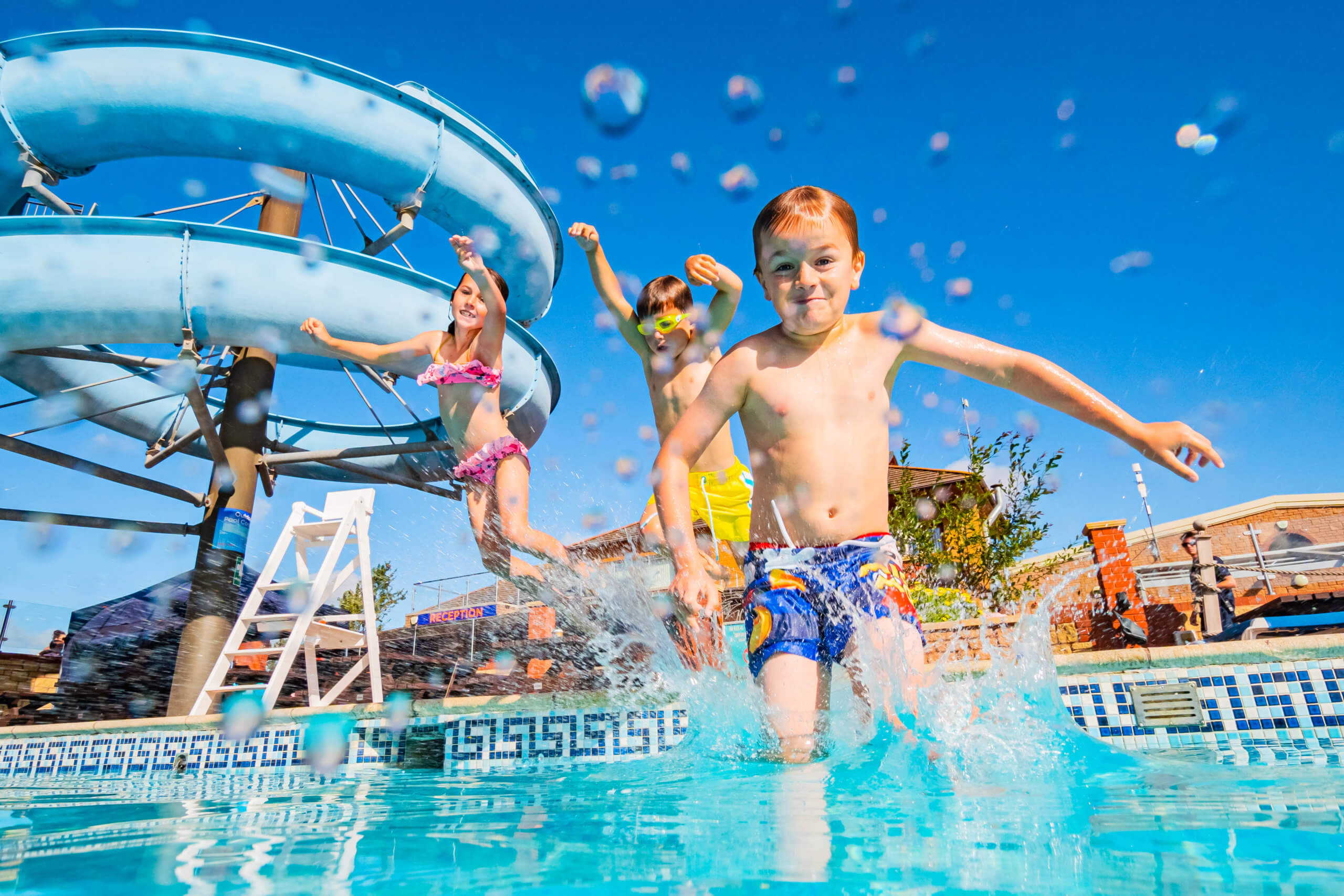We are instinctually drawn to nature. From the moment we are old enough to toddle around, exploring the outdoors is high on our agenda, including rockpooling adventures in South Devon.
Kids love nothing more than seeing, touching, and learning about wildlife. When we see them, enthralled by a worm, it’s hilarious and yet sobering. It reminds us how exciting it was to discover our environment when we were little. We wonder where our fascination went. Swallowed by adult responsibilities and boring seriousness, that’s where.
This doesn’t mean we can’t recapture our wild side, with help from our kids and a bit of free time.
Miniature rockpool kingdoms
Rock pools are the perfect place to reconnect with your inner naturalist—and a kid favourite. We all have memories of dipping our hand into one and yanking it out with surprised laughter as a tickly thing zips past. Micro ecosystems filled with colourful creatures.
As a fun checklist, here are nine rock pool creatures to look out for on your rockpooling expeditions.
Crabs
What’s the British seaside without a good old crab? They might look silly scurrying sideways, but it stops their legs tangling. An evolutionary quirk that’s served them well for a couple of hundred million years. Did you know, crabs can look forwards and backwards at the same time? They have compound eyes on stalks with 1000s of lenses giving them 360-degree vision. We can’t imagine processing such data. Plus, crabs’ eyes are so photosensitive they can detect the slightest movement of the sun and moon. Well done crabs.
In the UK we have 62 species, some of which like the shelter of rock pools, including hermit crabs. Be wary of their pincers, mind.
Mermaid’s Purses
As kids, we’d find these strange, leathery pouches hidden amongst seaweed and be told they were “mermaid’s purses”. In true childhood fashion we’d go “oh, okay”, and move on to the next curiosity. Then, as the years passed and our innocence was lost, we’d think, whilst strolling on the seashore, clearly these aren’t mermaid’s purses. So, what are they?
Yes, that’s right—they are the egg casings of sharks (often catsharks) and rays. Hooray.
Gobies
These are one of the most common fish species in the UK. One of the smallest too. The record shore caught goby weighed an eye watering 63 grams. Gobies are a regular feature when rockpooling, often stranded until hightide rescues them. There are more than 2000 different types of goby globally (tongue twister) and a range of species in the UK with different colourings. Look out for the particularly striking black goby with a hue like inky storm clouds.
Periwinkles
Or marine snails, and apparently the sixth most important edible shellfish industry in Scotland. Interesting fact about snails: they are called gastropoda, which means belly footed. Periwinkles are consistently found in rock pools all over the UK and you’ll be hard pressed to miss them on your rockpooling explorations.
The common prawn
The type of prawn we see regularly is sickle shaped and pink—waiting for iceberg lettuce and thousand island dressing. It’s easy, when eating them, to forget what a living prawn looks like. Which is sad. They are surprisingly beautiful. The common prawn, found in the UK, has tiger like stripes, bright yellow spots on its legs, and wispy feelers. Prawns are known as the “cleaners of the rock pool”, because they filter out floating morsels left by other creatures.
Thank you prawns, for keeping rock pools clean.
Limpets
These are the conical shells found gripping the sides of rock pools. It might seem like they are inactive, but when the tide comes in, they animate—moving around the rocks. Their mission is to scrape off tasty algae with their tongue. If we tried such a feat, our tongues would be in tatters from the coarse rock. However, humble limpets hold a secret. Their tongues are covered with tiny teeth, made from the toughest biological material ever tested.
Sea anemones
Another common find when rockpooling in the UK. Sea anemones are also called “flowers of the sea” and are closely related to coral. The beadlet anemone is one you might find, notable for its deep orangey red colour. All sea anemones have stinging cells in their tentacles, so it’s best to warn kids not to touch them. Though do look closely if you see one, because like in the film Finding Nemo, small sea creatures sometimes use them as a protective forest to hide in. Also, anemones are anatomically thrifty. Their mouth and bottom have evolved to be one and the same. Right you are…
Shannies
These are a common, though hard to spot type of fish, often camouflaged at the bottom of rock pools or secreted under stones. They are odd-looking with an elongated body and a bulbous head and eyes. Due to their ability to survive out of water at low tide, and the fact they dive back in when disturbed, they are also called sea frogs.
Shannies are feisty fish and have been known to nip at slender fingers poking around in rock pools, so be careful.
Starfish
Perhaps the most iconic of all rock pool creatures, the starfish. Although it may seem obvious looking at them, it should be confirmed, starfish are not fish. They are echinoderms, with an exoskeleton. Most have five arms that radiate out from a central disc, giving them a star shape.
Whilst it appears starfish don’t move; they are active predators and will feed on whatever they can. To see them hunting requires time-lapse and way they eat is both fascinating and disturbing. When a starfish finds suitable prey, its stomach extrudes from its mouth and dissolves it.
The most amazing thing about starfish is their regenerative ability. If one loses a limb, it can simply grow it back. Even more impressive; if you were to cut one in half (don’t), two genetically identical starfish would reform. It sounds like science fiction doesn’t it?
Rockpooling adventures on the Devon coast
Here in Devon we have some of the most biodiverse and scenic coast in the UK with plenty of rock pools. Come rain or shine, exploring the Devon coast is an adventure that transcends the seasons, and a beautiful place to visit with your family.
Enjoyed reading our blog? Check out some of our others.

